On Saturday evening, as I drove through the southern suburbs of Cork city, snaking a route towards Páirc Uí Chaoimh for the Cork-Tipperary Munster SHC game, I was struck by the sense of atmosphere around the place.
The weather was lovely and the crowds of people strolling down Centre Park Road towards the stadium ignited memories of fabled days of yore.
I was struck by two contrasting thoughts – on the one hand, I wished I was one of those at their leisure, with the opportunity to have a drink or two and enjoy the match unencumbered.
On the other, when I began my career as a sports journalist, these were exactly the games I wanted to be covering. Something special was in the air.
This might sound like it’s a case of one being wise after the event, but you’ll have to take my word for it that is absolutely true.
When the round-robin format was introduced, there was a fear that the Munster championship would suffer as there would be fewer knockout games, reducing the blood-and-thunder element.
However, there were 36,765 in the Páirc, compared with 29,104 for the match against Waterford the previous week, while Limerick v Clare had drawn 30,460 to TUS Gaelic Grounds.
Certainly, there was no sense of the game on Saturday not mattering. Cork forged an early four-point lead but trailed by five at one stage in the first half.
The goal-getter supreme, only just on the field, loaded up and all of our mind’s eyes could see the net shaking but, instead, Cork goalkeeper Patrick Collins was out to smother the shot.
Two down at half-time, they drew level only for Tipp to reply with a goal and move five ahead again.
Cork scored a goal and tied the match once more only for Tipp to repeat the feat with another goal.
In the 68th minute, a brilliant Cork move ended with sub Brian Hayes netting to make it 4-18 to 2-24. Unbelievably, it looked like déjà vu – again – as Tipp worked the ball to Séamus Callanan.
The goal-getter supreme, only just on the field, loaded up and all of our mind’s eyes could see the net shaking but, instead, Cork goalkeeper Patrick Collins was out to smother the shot.
Callanan did score a point but Shane Kingston was on hand to level for Cork. Two sides left with regret but also relief, still unbeaten at the top of the Munster table.
It may well be the case that neither side ends up with silverware this year but the memories of Saturday night will live long in the memory. My report for The Echo began with the words, “This is why we love sport,” – what else could I say?
Tipperary women see off Waterford
The opening game at Páirc Uí Chaoimh on Saturday night was the Munster Senior Camogie Championship semi-final between Tipperary and Waterford.
The fixture-setters might have been expecting a Cork-Tipp double-header, but the Déise women had seen off the Rebels in a quarter-final at the same venue the previous week, before the county’s men did battle.
Perhaps the six-day turnaround was too much for Waterford as they struggled to match the Cork performance, going down by 4-11 to 1-9.
Since 2012, the All-Ireland camogie final has been the preserve of two of Cork, Galway and Kilkenny – Wexford were the last county other than those three to make the showpiece occasion, while Tipp’s last appearance was 2006. They will now face Clare in the Munster final and then move on to the All-Ireland series.
They certainly look to be in a good place from which to build.
GAAGO a no-go
As we flagged last week, the Cork-Tipp game wasn’t available on terrestrial television, as Saturday evenings have been given over to the GAAGO subscription service.
On The Sunday Game, the lack of exposure being received by hurling was once again given an airing, but it was a horse-has-already-bolted discussion. Much like the debate around whether players should be allowed to play senior and U20 together, these issues always receive coverage too late.
The deal with GAAGO – a joint venture between the GAA and RTÉ – was announced in October and that was the time to inform and educate people as to what would be happening come the late spring and summer.
There was an early-bird rate and the current deal – €79 for all games – is still a good one, but I don’t recall it being promoted to a huge degree. And, in any case, cost isn’t the only obstacle to deal with.
It’s unlikely there will be any change to the set-up this year, though we can surely expect some modifications for 2024. However, the bottom line is that, like so many controversies in the past, this was something that could have been easily avoided.
Connacht head south for URC semi-final
A week out from a Heineken Cup final, Leinster probably wouldn’t have chosen Munster as their URC semi-final opponents.
With the clash against La Rochelle on the horizon, a straightforward fixture this weekend would have been preferable, but Munster’s quarter-final win away to Glasgow ensured a last-four place for them as a their late-season resurgence continues.
The chance to make the final, putting one over Leinster in the process, would further underline their progress, and so Leinster can’t put out a shadow side in the hope of saving the big guns for the European final.
By the time the game kicks off in Aviva Stadium on Saturday evening, we will know if an all-Irish final awaits as Connacht go to Cape Town to take on the Stormers in the first semi-final.
After the impressive display in beating Ulster at Kingspan Stadium, the reward for Connacht is an even tougher task given the logistics involved, but they will relish the chance to spring an upset.




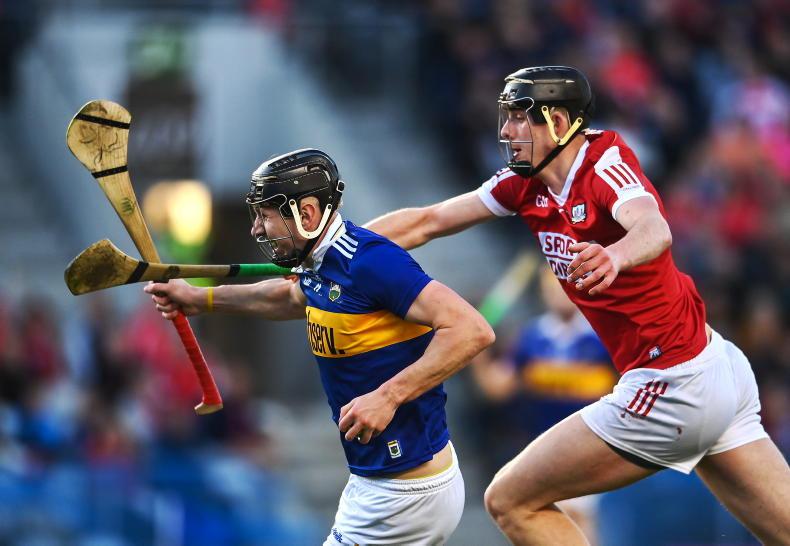
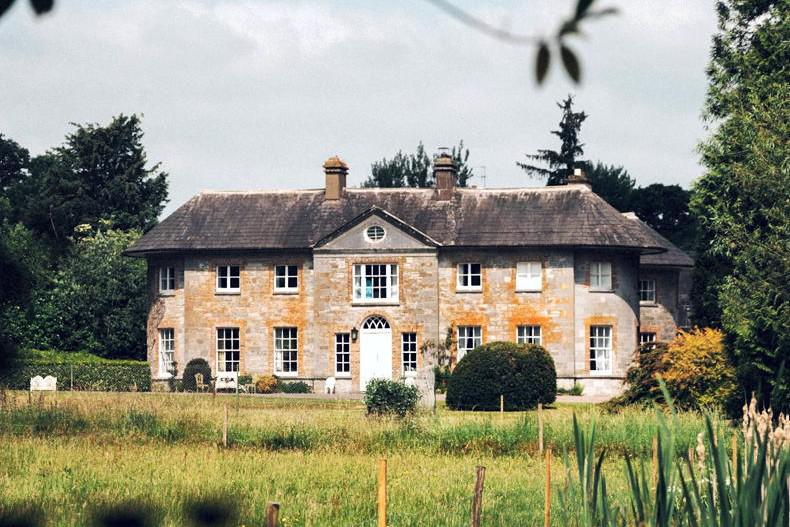
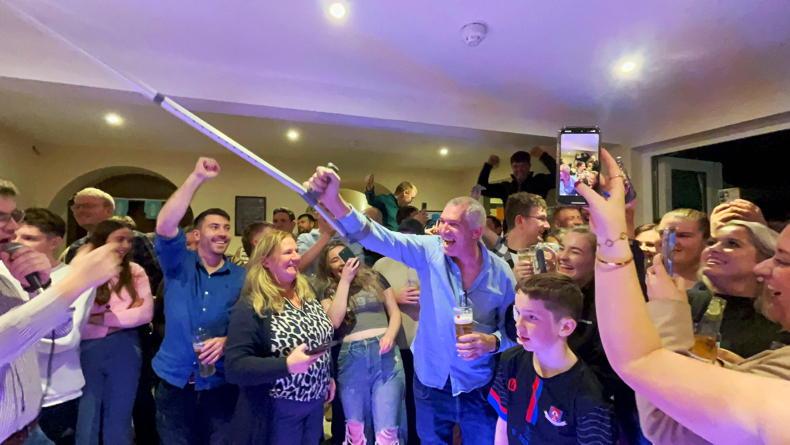
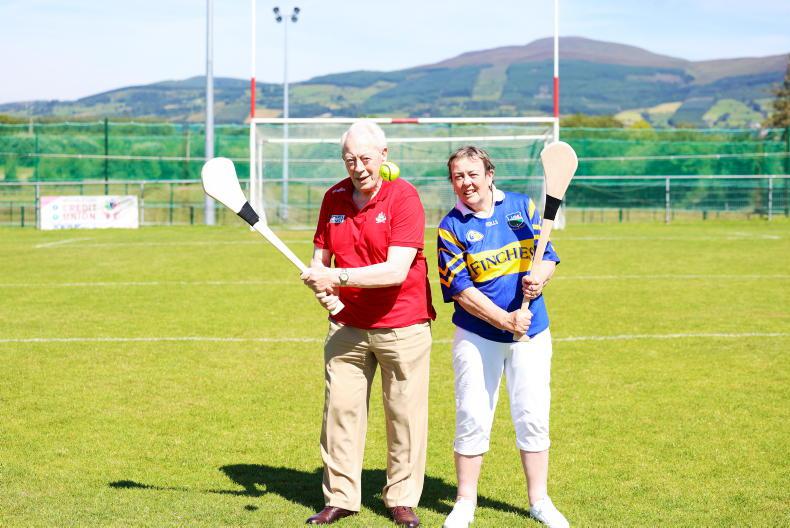
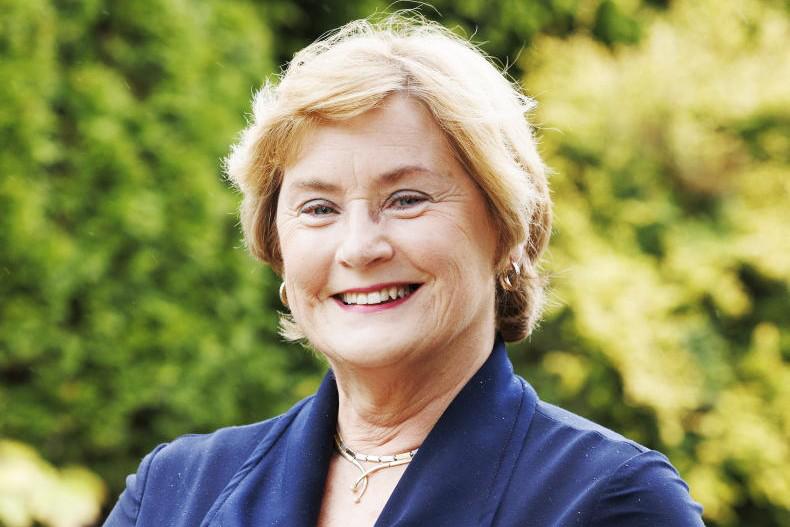
SHARING OPTIONS